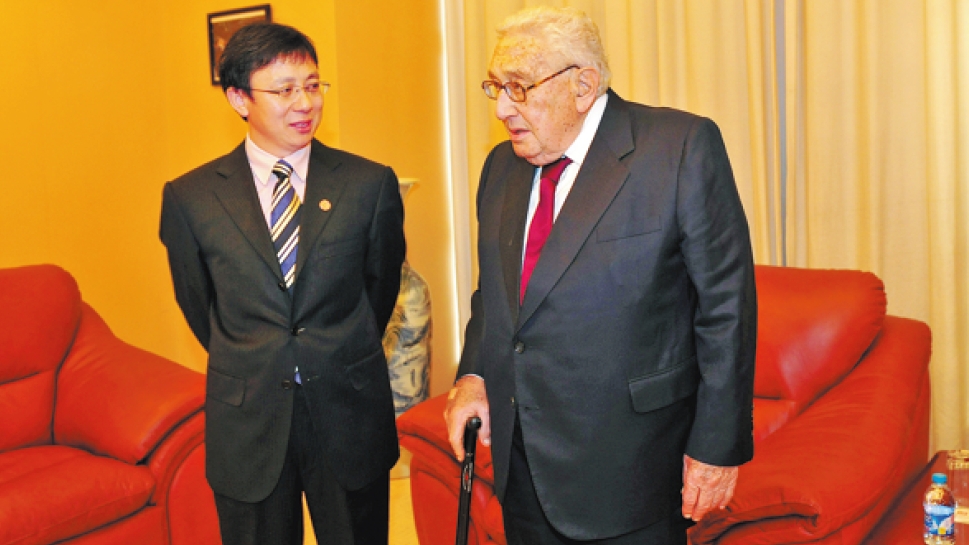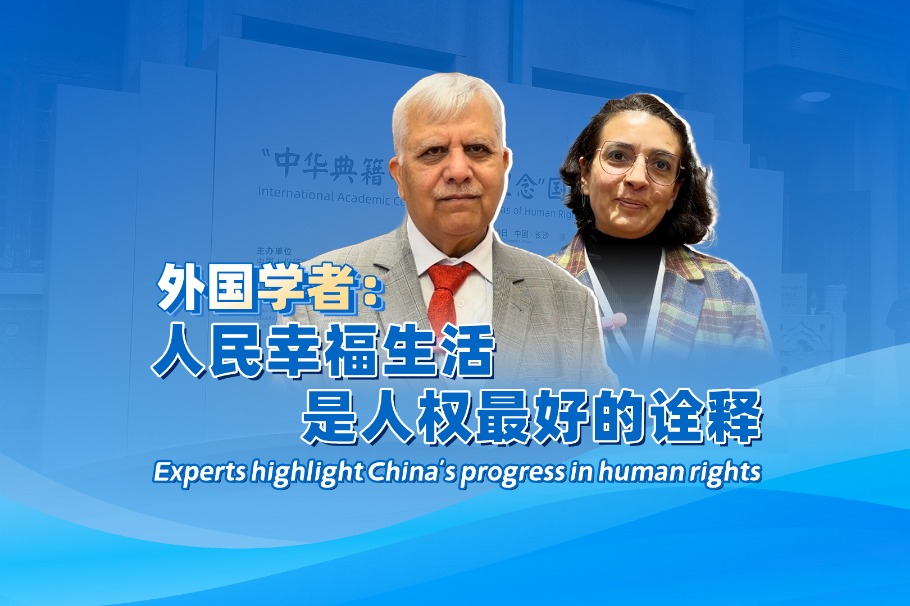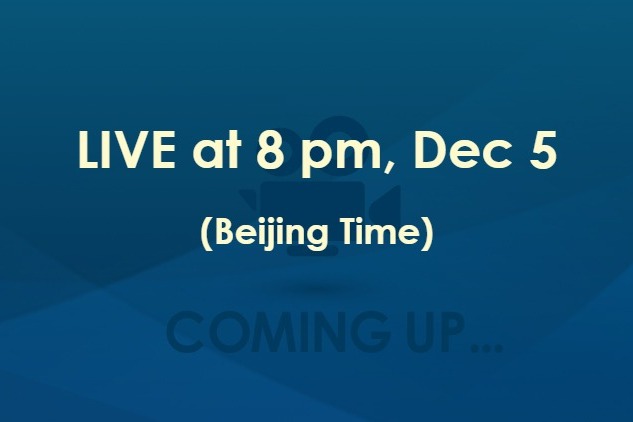The life and times of Dr K the conciliator
As a young man, he was exposed to the ravages of tyranny and war, and he would later champion the cause of bringing two nations together
By ZHAO XU in New York | China Daily Global | Updated: 2024-01-26 10:33

Ferguson said: "Although Kissinger ceased to be much concerned with philosophy, almost all his writings after 1950 are essentially historical, he kept referring to Kant. By doing so he was trying to signal to the world that he was not a realist, but the world didn't want to listen."
People had tended to see Kissinger as a contemporary equivalent to the Austrian statesman Klemens von Metternich or the German unifier Count Otto von Bismarck, Ferguson said, both power manipulators in a hotly contended 19th-century Europe that Kissinger had studied, because "it was a kind of easy story to tell".
One of the latter instances when Kissinger referred obliquely to the Kantian idea in relation to the nuclear age was when he talked to Lord in a series of interviews that formed the 2019 book Kissinger on Kissinger: Reflections on Diplomacy, Grand Strategy and Leadership.
"In the American public discussion the issue is often put this way: you have the choice between coexistence and detente or…but then the question is … or what?" said Kissinger, a major initiator of the detente policy toward the Soviet Union during the 1970s, detente being a French word meaning relaxation. "The nuclear equilibrium in a way condemns you to some kind of coexistence."
Promoting greater dialogue with the Soviet Union, this core element of the Nixon-Kissinger foreign policy was carried out in tandem with US opening to China — "mutually facilitating efforts that preserved American influence after the debacle of Vietnam", Lord said.
"We agreed from the beginning that we should open to China," recalled Kissinger, who had been tapped by Nixon after having, as principal foreign policy adviser to Nixon's main Republican rival Nelson Rockefeller, "spent 15 years of my life trying to keep him from becoming president".
Strategic vision aside, the two trusted one another, evident during Kissinger's 1971 secret visit to China. "We never went off in July 1971 being told by Nixon, 'Now be very careful,'" Kissinger recalled. "When we went off, we were told, 'Get this done!'"
And he did it, partly by feigning stomachache on the last leg of a publicly announced trip that included Vietnam, Thailand, India and Pakistan. While Kissinger was supposedly recuperating in a hill station, the Pakistanis, who had been acting as a major channel of communication between the Americans and the Chinese, ferreted him and his four-man group to an airport in Islamabad in the wee hours of July 9.
Of the 49 hours Kissinger stayed in Beijing, 17 were spent in conversation with China's Premier Zhou Enlai, with whom he drafted the Shanghai Communique, later finalized by the two during Nixon's 1972 visit. "Fifty years later it's still being invoked as one of the foundations of our relationship, while most communiques disappear within weeks," Lord said.
























